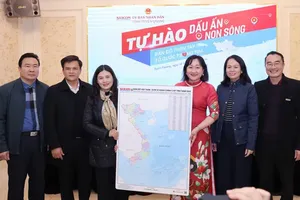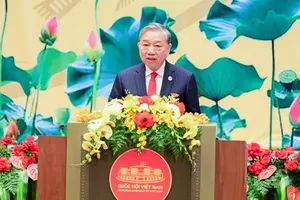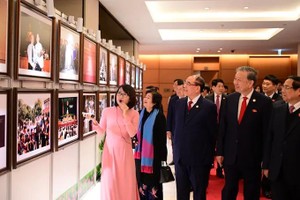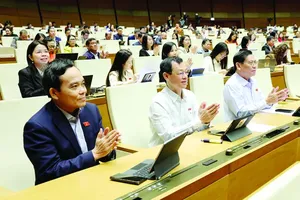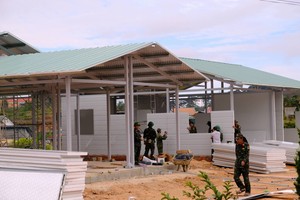Vietnam's rapidly ageing population will also create tremendous challenges for the country’s socio-economic development, said participants at a media session organized by the United Nations Population Fund (UNFPA) on May 12.
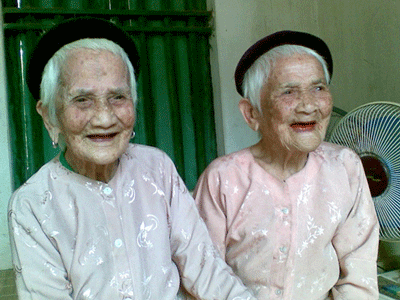
Vietnam’s population is ageing quite rapidly as a result of longer life expectancy and declining fertility and mortality rates. This demographic trend represents a great achievement for Vietnam, and is linked to significant improvements in health, nutrition and overall socio-economic development.
Vietnam is experiencing a demographic transition towards an aging population. It will be aging from 2017, and Vietnam will be aged from 2035.
Data from the 2009 census in Vietnam shows that the number of elderly persons has risen more rapidly than any other population group and as such the ageing index is also rising swiftly, while the potential support ratio is decreasing significantly.
The time for Vietnam to transit from an ‘ageing’ to an ‘aged’ population structure will be much shorter than many countries with higher development levels. For example, it took 85 years in Sweden; 26 years in Japan; 22 years in Thailand, while this transition is projected to take only 20 years in Vietnam.
This has tremendous implications for economic growth, as well as the social protection schemes required to address the needs of the most disadvantaged and vulnerable elderly persons.
“Population ageing has been included as one of the prioritized issues in the new national strategy on population and reproductive health for 2011-2020. In the coming years, the number of elderly people continues to increase, thus Vietnam needs to have better policies in taking care of the elderly,” said Dr. Duong Quoc Trong, General Director of General Office for Population and Family Planning
It is important to note that there are more elderly women than elderly men. According to the 2009 census, the number of elderly women to 100 elderly men increases substantially from 131 for the 60-69 years age group, to 149 for the 70-79 years age group, and to 200 for the 80 years and older age group.
Such a situation results in a ‘feminization of ageing’ in Vietnam. Elderly women usually face more risks than elderly men in terms of income, disability, and access to health care services and social health insurance.
Taking care of the elderly is an important policy component that the government has emphasized at all stages of the country’s development. Since the first Constitution in 1946, the elderly have been an important part of social and economic policies and programs.
However, policies and programs are evolving at a relatively slow pace, which has resulted in underdeveloped geriatric healthcare services; low access to quality elderly health care; a pension fund which is fragile for an ageing labor force and involves gender and generational inequity; and significant inclusion and exclusion gaps in social other assistance programs.
Among dignitaries guests at the session were Duong Quoc Trong, General Director of the General Office for Population and Family Planning; Nobuko Horibe, UNFPA Director for Asia and the Pacific region; Pham Tuyet Nhung, Deputy Head of the International Relations Department, Viet Nam Association of the Elderly and Giang Thanh Long, Vice Dean of the School of Public Policy and Management, National Economic University.


